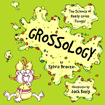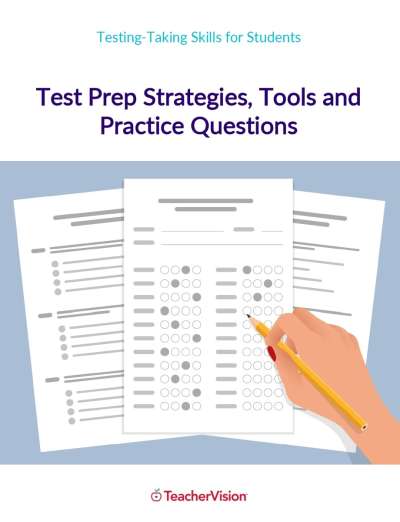Grossology
by Sylvia Branzei
- For Grades 2-6
- Teaching Science
- Synopses of Each Book
- Classroom Experiments
- Buy this Book!
Enter promo code TEACH for 15% off.
WHAT IS GROSSOLOGY?
If you said to your students, "Raise your hand if you want to learn about the excretory system" how many students would respond? However, if you said, "Raise your hand if you want to learn about pee, poo, and sweat" many enthusiastic hands would go up. That is the teaching approach used by Grossology.
All the books in the Grossology series present scientifically accurate information in a manner that is kid-friendly yet informative. The goal of Grossology is not to be gross but to teach science.
Grossology was created by a science educator, Sylvia Branzei. One day, as Sylvia sat clipping her toenails, she noticed the icky stuff that forms under the nails and thought, "Hey, I can figure out what that disgusting stuff under my nails is." After she contemplated the formation of toe jam, an idea hit her. "Kids love gross stuff. I can teach them science using gross as a hook. Grossology!" She wrote the text and various activities, which she tested on students in her after-school science program. They were hooked. She later tested her materials in the classroom, where she taught science to children in kindergarten through high school classes. The students were so excited about learning, teachers overheard junior high students sharing the information with the younger students. At the high school, students complained that they weren't learning Grossology as well. Sylvia supplemented the high school biology program with Grossology.
Since the publication of Grossology, Animal Grossology, and Grossology Begins at Home, Sylvia has received letters and email from teachers all over the country. Some elementary and junior high school teachers use Grossology as the classroom text for studies in human anatomy, natural sciences, and microbiology. Others set up weekly stations or use Grossology as a special reward at the close of the week. Some high school teachers use the books as a supplement. Sylvia even received a letter from a college physiology teacher who uses Grossology.
In a traditional introductory science course, children learn more vocabulary than in a first-year language course. The new vocabulary is coupled with new concepts. The child must translate the new words and immediately apply them. The result is that most children only learn to hate science because they believe it is difficult. The Grossology series presents scientific information without burying it under layers of vocabulary. Common words are used to present concepts. The scientific terms are also introduced, but the child is not dependent on them for understanding a complex process.
Children, especially in middle school and junior high, are most curious about the world around themselves. If they can relate information to their everyday lives, they will retain the information longer. The Grossology series was developed with this in mind. Scientific topics are located in familiar settings. For example, in Animal Grossology, sea lampreys are discussed. Most students will never encounter a lamprey. However, this animal is included in a section titled "Slime Makers." Students can relate to slime. They may also be familiar with other animals mentioned in the section, such as slugs or snails.
Finally, Grossology is fun. Science does not have to be boring in its look or in its voice. Sylvia Branzei uses an entertaining tone to present information. Her love of science comes across as playful and joyous. Jack Keely's drawings are funny. His cartoon characters are youthful yet accurate. Even when he draws a silly-looking cockroach in Grossology Begins at Home, it is based on actual photos of the real insect. Together, Sylvia and Jack reach children and get them excited to learn.












